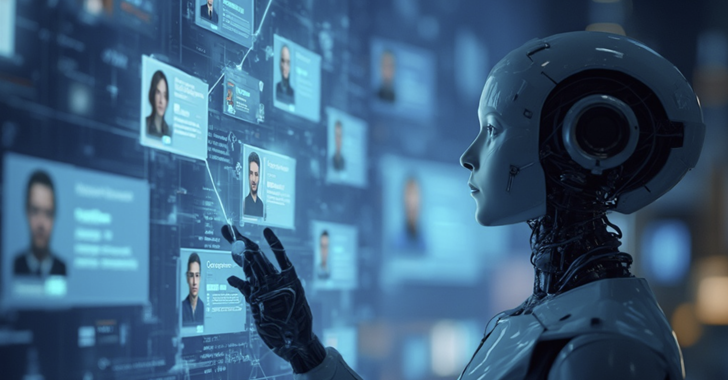As Artificial Intelligence (AI) becomes increasingly integrated into our daily lives—from facial recognition to personalized advertising—it brings with it a host of privacy concerns. Experts across technology, law, and ethics have voiced both optimism and caution, highlighting the need for a thoughtful approach to AI development and deployment.
Why Is Privacy a Concern in AI?
AI systems thrive on data. They learn patterns, make predictions, and offer personalized experiences by analyzing massive amounts of personal information. While this can lead to innovations and convenience, it also raises serious concerns about how our data is collected, used, and protected.
Key Expert Insights on AI and Privacy
Data Collection and Consent
Many experts emphasize that current data collection practices often lack transparency. AI systems can gather data from online activity, smart devices, and social media—sometimes without the user’s full knowledge or consent. Experts advocate for stronger data protection laws and more user control over how their information is used.
Algorithmic Transparency
AI decisions are often made within “black boxes,” where it’s unclear how conclusions are drawn. Experts call for algorithmic transparency, where users and regulators can understand and audit how data is processed and decisions are made.
Surveillance and Overreach
AI-powered surveillance systems, such as facial recognition and predictive policing, have drawn criticism from civil rights advocates. Experts warn that these tools can lead to mass surveillance, discrimination, and loss of personal freedom if left unchecked.
Data Security and Misuse
Security breaches in AI systems can expose sensitive data at scale. Experts stress the importance of building secure, privacy-first architectures that prevent misuse—especially in industries like healthcare, finance, and government.
Ethical AI Development
There’s growing consensus that privacy should be treated as a human right in AI development. This includes ensuring fairness, reducing bias, and maintaining user autonomy.
Conclusion
Experts agree that AI offers remarkable potential—but only if privacy is taken seriously. As AI technologies continue to evolve, so must the frameworks that govern them. Responsible AI development means designing systems that are transparent, secure, and respectful of individual rights. Protecting privacy isn’t just a technical challenge—it’s a moral one.







Leave feedback about this